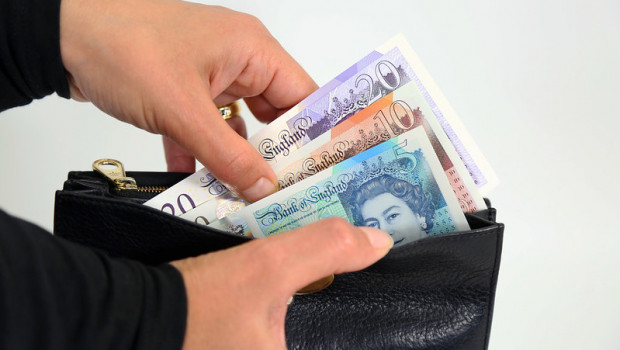Households continue to draw on savings in July, but recession still on its way

Consumers in the UK continued to save less and borrow more last month in a bid to maintain their lifestyles, but absent "massive" government support, that might not be the case for much longer.
Hence, a recession might be set to ensue across the last quarter of 2022 and the first three months of 2023.
According to the Bank of England, net consumer credit increased by £1.4bn last month (consensus: £1.5bn).
That was above the average monthly 2015-19 and year-to-date rise of £1.3bn.
Furthermore, households' excess savings were running at £192bn in July or the equivalent to 12.4% of their annual disposable incomes, so that they had "plenty of scope2 to draw on their savings and increase borrowing to support expenditures over the winter "when their real disposable incomes will fall sharply," Gabriella Dickens, senior UK economist at Pantheon Macroeconomics pointed out.
Nonetheless, rising interest rates would increase the incentive for households to instead lower their debt and more joblessness might reduce access to credit, she added.
"Accordingly, a recession across Q4 and Q1 next year will be avoided only if government support is beefed up massively," Dickens explained.
Approvals home purchase mortgages meanwhile edged up from 63,200 in June to 63,800 (consensus: 62,000), holding broadly steady despite the eye-watering rise in mortgage rates.
Yet in parallel, the quoted rate for a two-year 75% loan-to-value ratio mortgage had leapt from 1.57% at the end of 2021 to 3.51% in July and market pricing appeared to point to a further jump to 4.3% in December.
"As a result, we continue to think that house purchase mortgage approvals will nosedive to around 50K by the end of the year."